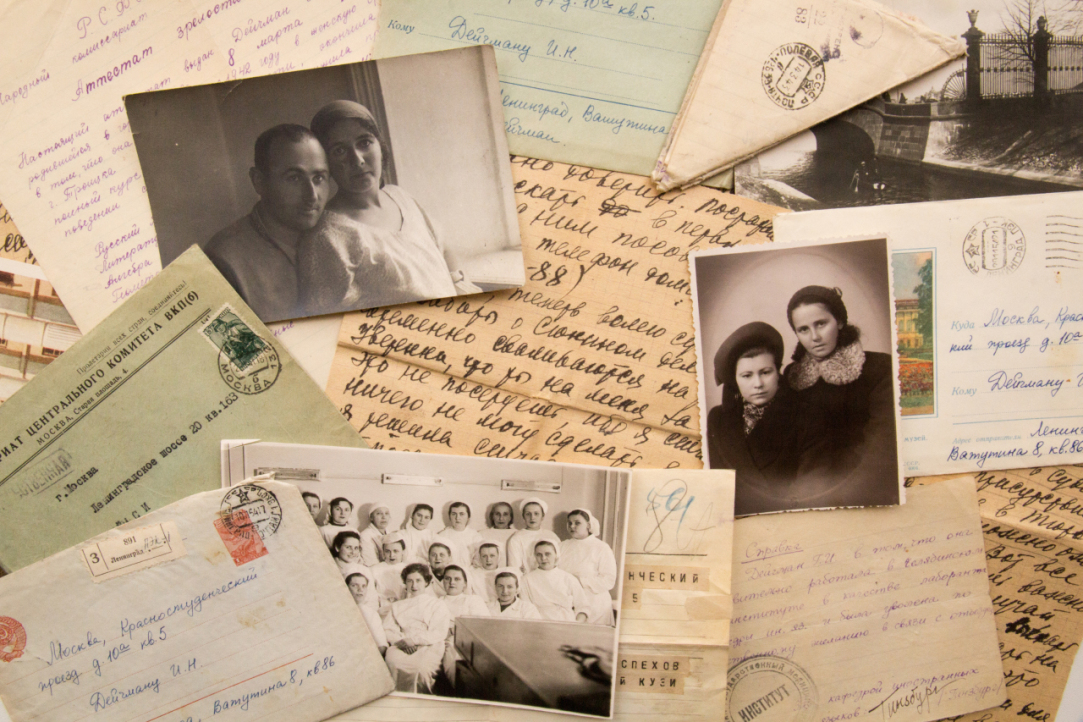Tag "international faculty"
One of HSE’s newest faculty members is Francis Tyers, who will join the School of Linguistics on August 28 as an Assistant Professor. A native of Normanton on Soar, a small village in the south of Nottinghamshire in England, he joins HSE following a postdoctoral fellowship at UiT Norgga árktalaš universitehta in Tromsø in the north of Norway, where he worked on language technology for Russian and the Sámi languages. Prior to that, he completed PhD studies in the Department of Languages and Information Systems at the Universitat d'Alacant in Spain.

Svetlana Cecovic, Assistant Professor in the Faculty of Humanities (School of Philology), came to the Higher School of Economics with the aim of working in an international environment, which she had become accustomed to during her PhD studies at the University of Louvain in Belgium.
Challenging traditional explanations of history and taking a new view on the past is the hallmark of a good historian; re-examining the history of post-war Soviet agriculture and economics is no exception, according to Aaron Hale-Dorrell, who recently received his PhD in History from the University of North Carolina – Chapel Hill and will begin a post-doctoral fellowship at the HSE International Centre for the History and Sociology of World War II and Its Consequences in September. Aaron Hale-Dorrell recently agreed to speak with the HSE news service about his research interests, his plans while at HSE, and his experiences living and working in Russia.
Social Historian, Franziska Exeler has focussed much of her research on the Soviet Union and the Second World War but at HSE she is asking students to find out what happened in other countries to try to understand the Soviet experience in a global context. She talked to the HSE English News website about teaching and researching at the International Center for the History and Sociology of World War II and Its Consequences, about discovering Moscow’s architecture and about her life as an academic in Russia.
In the year that marks the 70 th anniversary of victory in the Second World War, we talk to Kristy Ironside, who received her BA and MA from the University of Toronto before going on to complete her PhD at the University of Chicago, and who is currently researching life in the Soviet Union in the post-war years. Kristy Ironside’s work examines what the War meant to ordinary people, how their lives changed — and how Soviet society coped with the aftermath.
